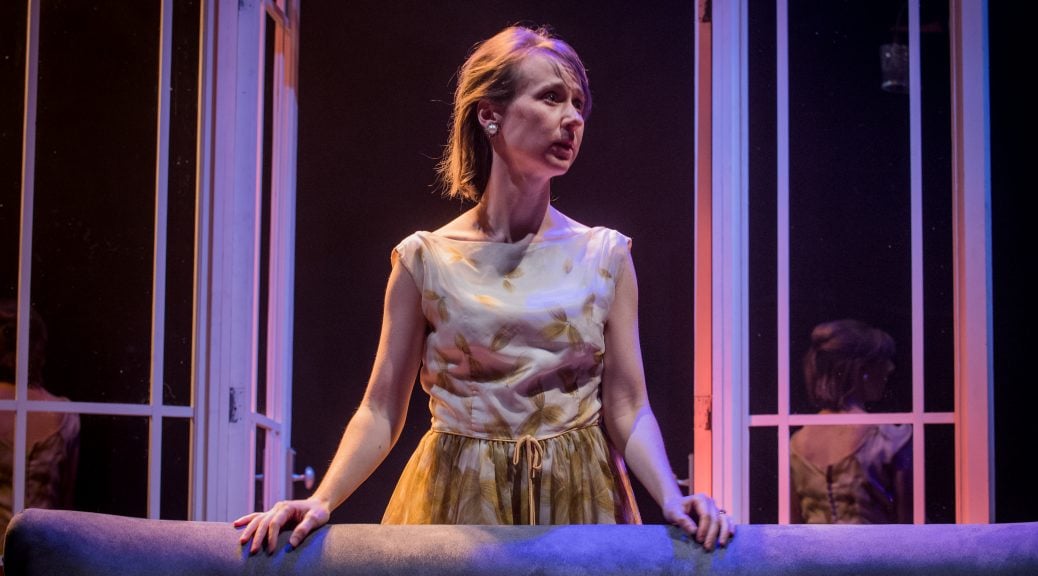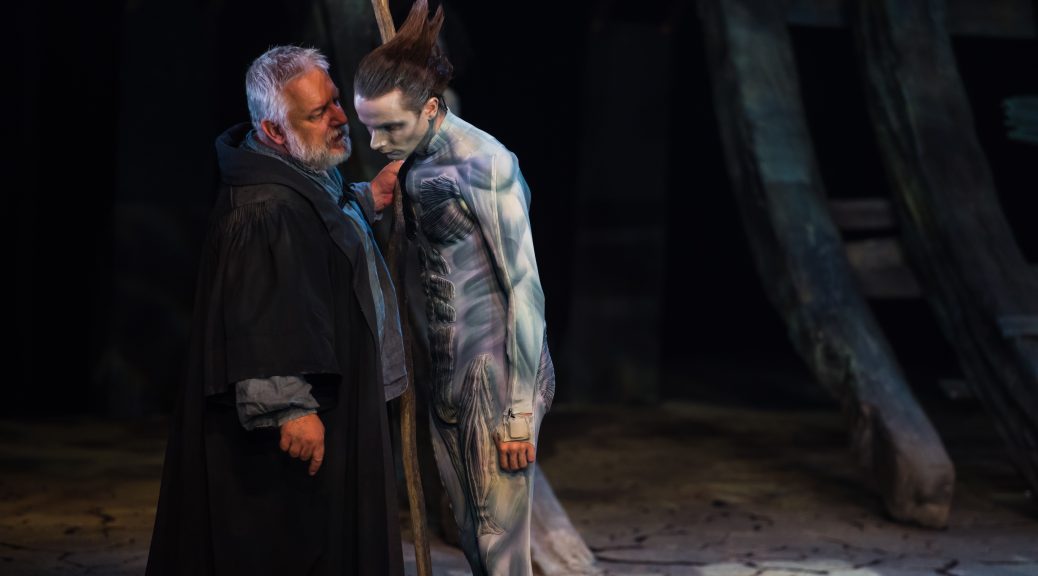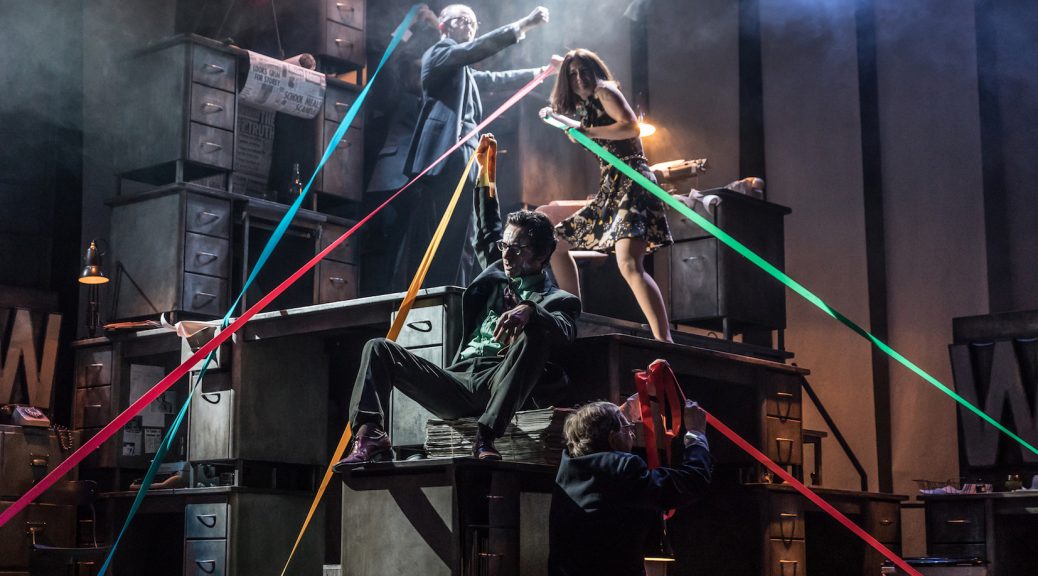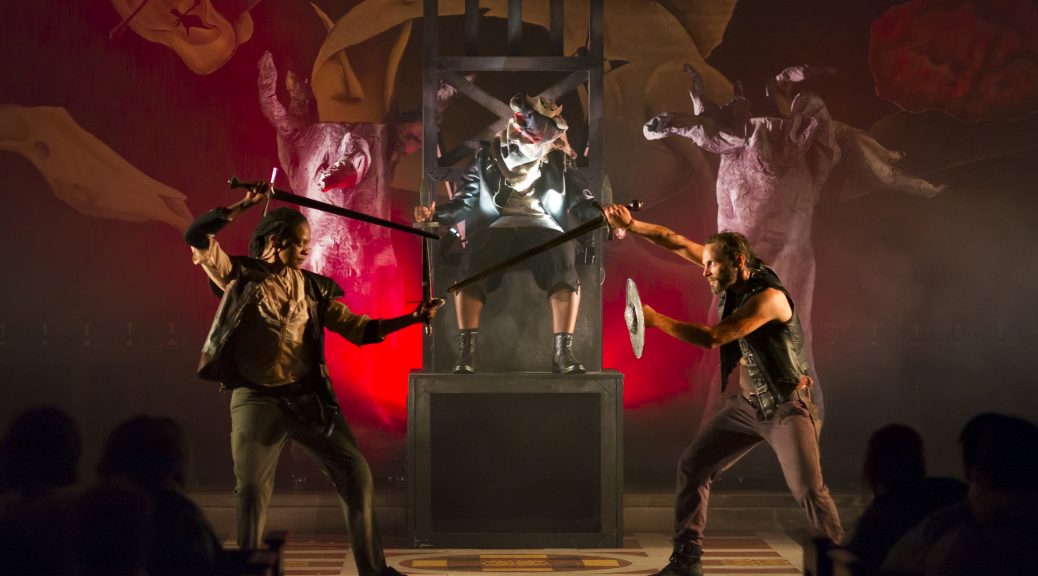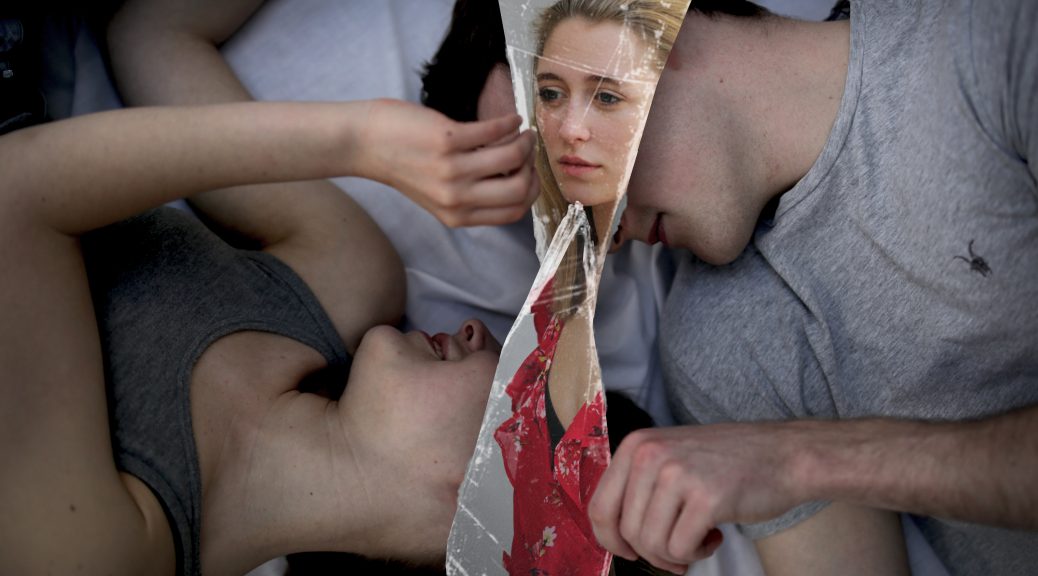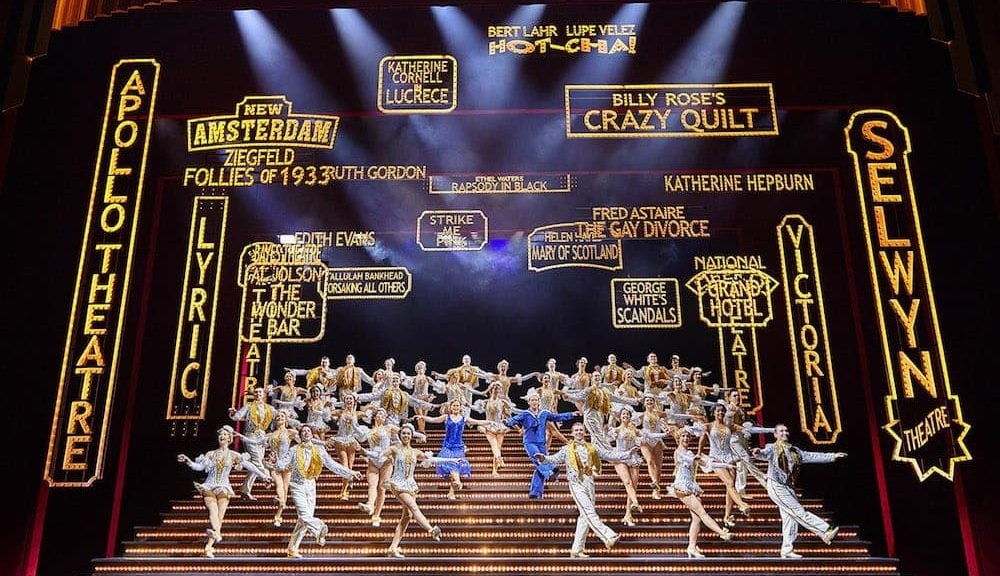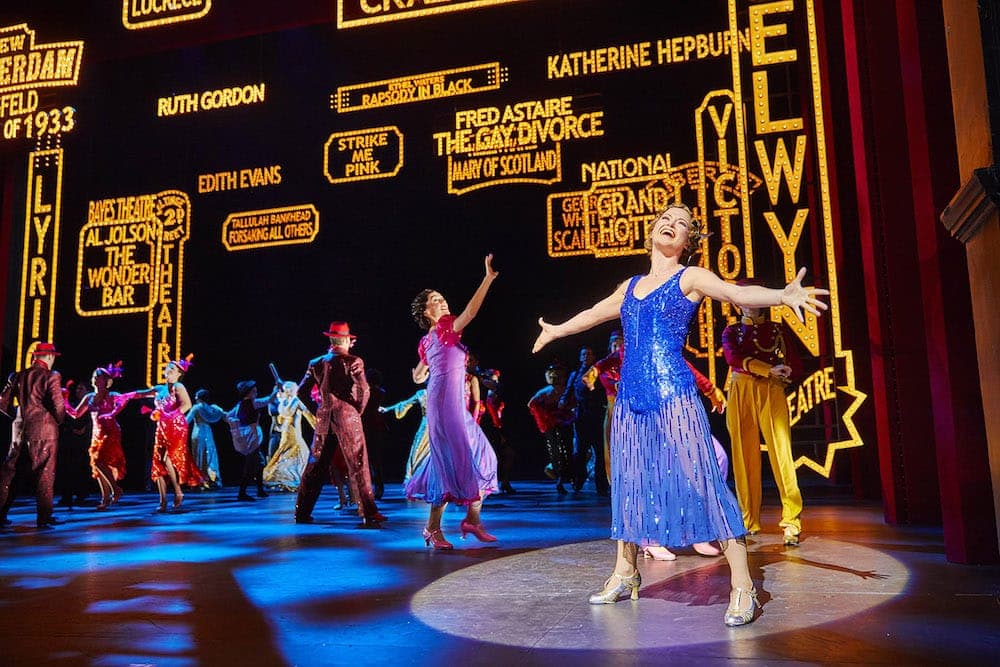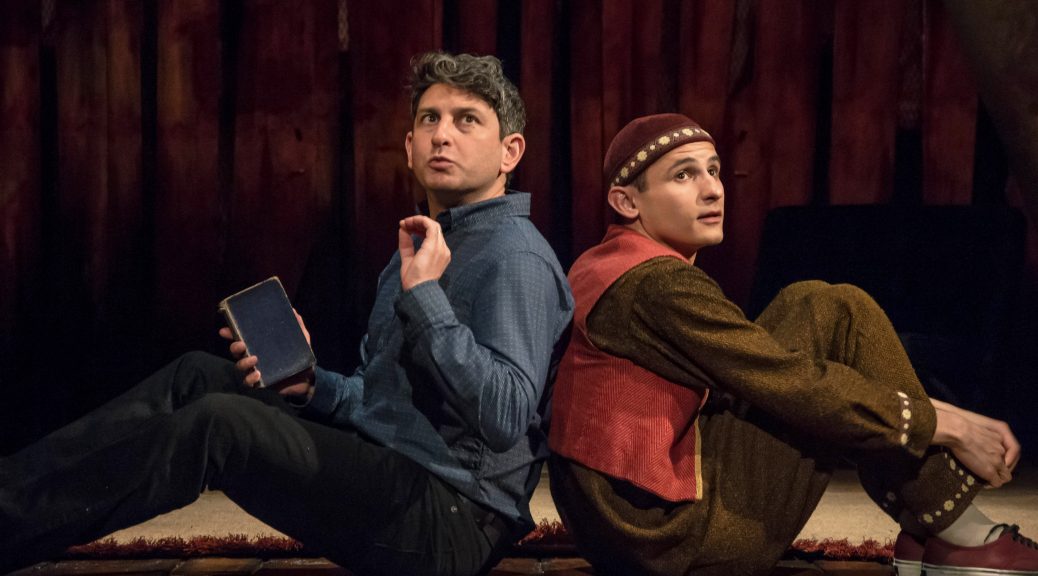There’s a first-class cast in Anthony Banks’ premiere of Kevin Elyot’s last play. Flipping between the 1960s and the present day, Bryony Hannah plays Isabella. Pregnant in one scene then moments later an elderly woman, she can’t fail to impress. Paul Higgins and Adam Garcia double up roles, taking four parts in their stride. Higgins plays Isabella’s son and husband, differentiating his characters subtly, while Garcia performs as two strangers offering sex, adding chemistry to both of his scenes.
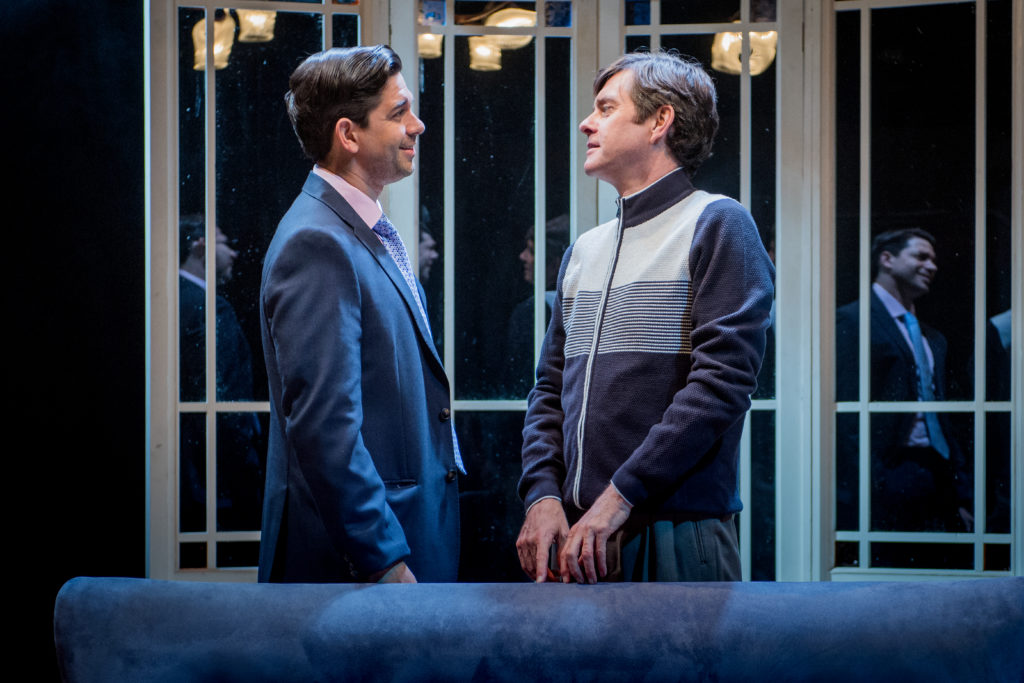
The actors, and Banks, have a thorough appreciation of Elyot’s theatrical world, where the middle classes mix with passion and occasional obscenity. There’s repression aplenty and touches of poetic romance tempered by prosaic lust. It’s all familiar territory from Elyot’s big hit, My Night With Reg, but sadly this play isn’t as good. The dialogue and jokes are flat, the characters underdeveloped. Banks handles every aspect of the play with more reverence than it deserves, drawing most of it out for longer than it can stand and making even the comedy hard work.
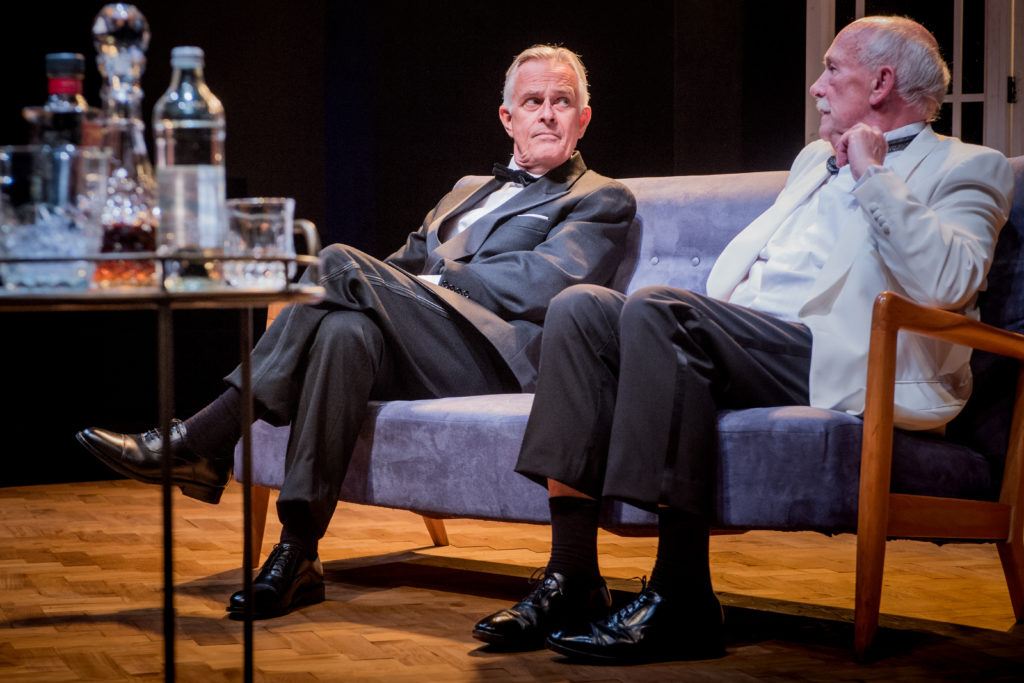
The differences with Elyot’s previous piece offer frustrating glances at potential unfulfilled. A central female character, which Hannah tackles well, feels tangibly imprisoned by history, but thinly drawn. An elderly gay couple, impeccably performed by Philip Bretherton and Hugh Ross, deserve a play of their own. In the end, a tasteless plot twist takes over. Let’s slide over the idea of an estate agent being so hard up for cash that he takes to prostitution; Garcia plays this “surprisingly sensitive” realtor and then a gardener with a “poetic nature” – and he performs both well – but it’s all a leap too far. A nastily cheap conclusion, that’s grim for the sake of shocking, embodies the flimsy feel of the play.
Until 12 August 2017
Photos by Robert Workman

